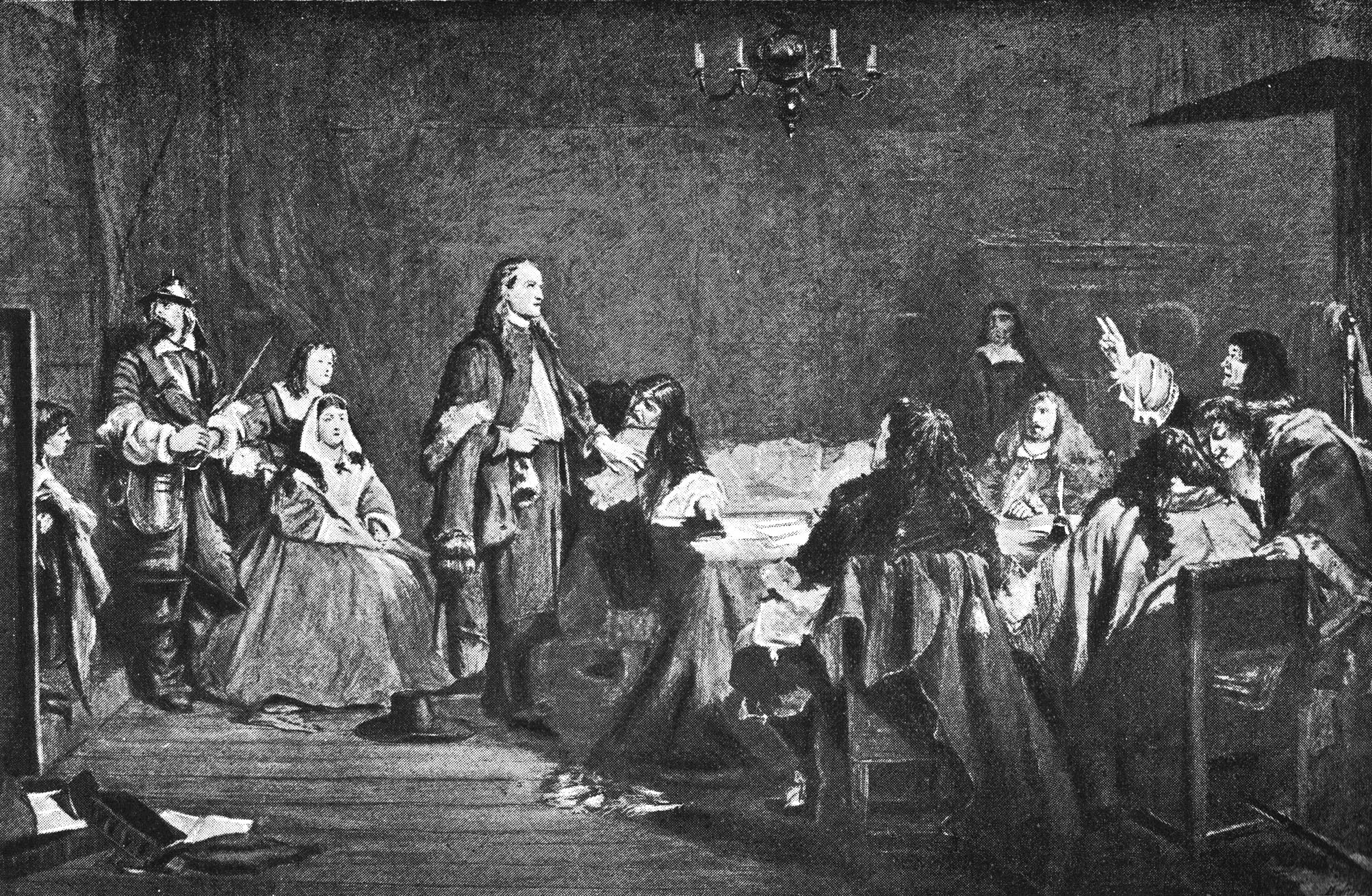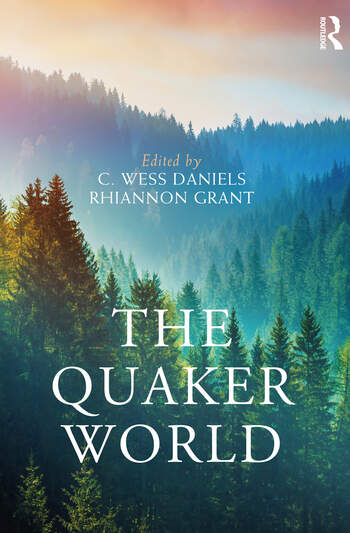Margaret Fell – Founder and Leader of the Early Quaker Movement

When discussing early Quakers, too often you will hear the history start with something like “George Fox is the founder of Quakerism.” While George Fox is an essential leader in the early movement, to focus in on and center Fox’s role not only misses out on the necessary roles that other Quakers, many of them being women, played in the early tradition, it also forms a myth that is hard to break. Fox as founder is guilty of relying on the “myth of founders” that we humans are so tempted by. It keeps the story nice and simple. It can be comforting to have a singular hero to point to. Unfortunately, far too often the founders who get the most attention are men at the expense of the women who were right there giving everything they had to the movement.
For a long time, I’ve tried to undo this in my Intro to Quakerism class by emphasizing the language of Fox as “co-founder,” emphasizing the role of others, and especially Margaret Fell. I believe that had there been no Fell, there would be no established Quaker movement today. Her authority and leadership was central in bringing the fledgling community into a full-blown organization. Yet, I find that singular founder language a bad habit to break. Perhaps, just for some fun, Quaker scholars should take a few hundred years of referring to Margaret Fell as Founder to even the score a bit?
Kristianna Polder, author of the chapter “Biography of Margaret Fell” in our new book, The Quaker World, does one better. She mostly sidesteps this argument by stating that Fell is “Considered today one of the central founders of Quakerism,” and then dives into a convincing claim that Fell is a non-conformist example of a female leader in her time (not one just limited to Quakers). Far beyond her role as a Quaker leader, she paved the way for women and women ministers well after her.
…it was Fell’s exercise of authority over the rector, gentlemen neighbors, and her husband that resulted in a dramatic shift in the use of the domestic realm, resulting in Swarthmore, being a fixed mark of non-conformist activity. As fell move forward in her working ministry, there seems to be little evidence of concern on the part of felt for spousal obedience .
-Kristianna Polder: 2002, 152 in The Quaker World

Polder builds on this and points to other deeply significant aspects of Fell’s role in the early Quaker movement.
First, Fell’s role as “mother” within the movement “took on a radical, apocalyptic tone as the mother of the new Jerusalem, where God’s divine, breaking into humanity’s presence was occurring in their present new age (152).” The divine manifestation of Christ was in her, as it was everyone regardless of background, and it was what animated all that early Friends set out to do, even, and especially, when it came in conflict with worldly powers and structures.
Second, as a prolific author, certainly the most prolific female Quaker writer of the time, he voice was important to the theological and political development for Quakers (ibid). Most notably is her “Women’s Speaking Justified (1666),” a pamphlet that lays out a radical new hermeneutic justifying the preaching of Quaker women. Speaking Justified is seen today as an important early feminist text. But Fell wrote other important pamphlets, not least of which is her, “A Declaration and Information from the People of God Called Quakers,” known as the piece written on what is known as the Quaker “peace testimony” (153).
Finally, are the numerous ways Fell resisted the gender roles of her time, offering instead counter examples for her daughters and other Quaker women. I’m going to share this whole quote from Polder because it is so amazing:
As a spiritual matriarch, she challenged strictures normally attributed to the material. She was not meek, or a mother simply working from within, or protecting her domestic sphere. She was bold in her speech, writings, and engagement with patriarchal leaders. Fell was a social outsider, declining social invitations from neighbors for social gatherings and resisting accusations of witchcraft. She encouraged her daughters to marry late, putting ministry first, and to choose a fellow Quaker as a husband, rather than marry for family dynasties or fortunes. Unlike many gentlewomen at the time, Fell also encouraged her daughters to breastfeed. Shunning seventeenth-century landed gentry beliefs that breastfeeding inhibited intercourse a thus the husband’s pleasure, Fell’s promotion of breastfeeding could be seen as an act of def against male pleasure. Fell also likely viewed breast milk as a symbol of spiritual nourishment – imagery frequently used by seventeenth-century Quakers. Thus, Fell’s understanding and experience of the indwelling light led her to countercultural behavior in her domestic world as a physical and spiritual mother.
Kristianna Polder – Biography of Margaret Fell, 152
To call George Fox the founder of Quakerism is to tell a revisionist history that’s not only inaccurate, it downplays the participatory role others had in the formation of the early Quaker tradition, especially Margaret Fell.
Margaret Fell was a founder of Quakerism and Quakers should celebrate her and learn from her.
Afterword:
Perhaps it’s even better to drop the language of founder all together? What should go in its place?
Shouldn’t we think about God as the founder of a movement like Quakerism? Wouldn’t that be more in keeping with the way the tradition often sees itself.
Thinking about early leaders or co-workers is probably even closer to what really was the truth. Reframing things this way doesn’t have to take away from Fox, it reflects in the way the story is told the structure of what Quakers say they believe.
Ways to Connect with Wess:
If you like this post and/or have feedback you’d like to share you can connect with me on Mastadon: @wess@writing.exchange or through the Contact